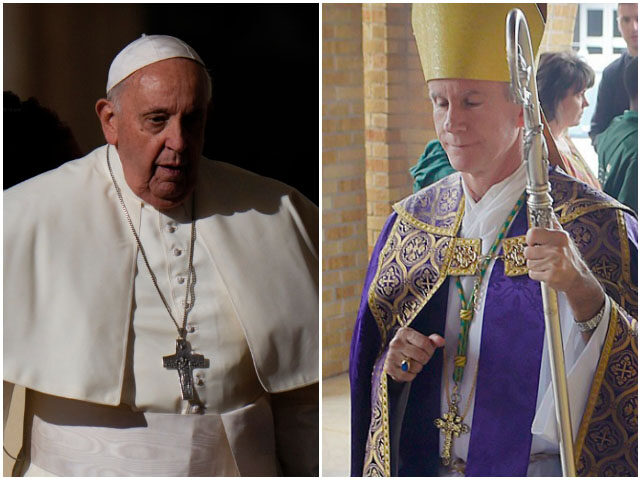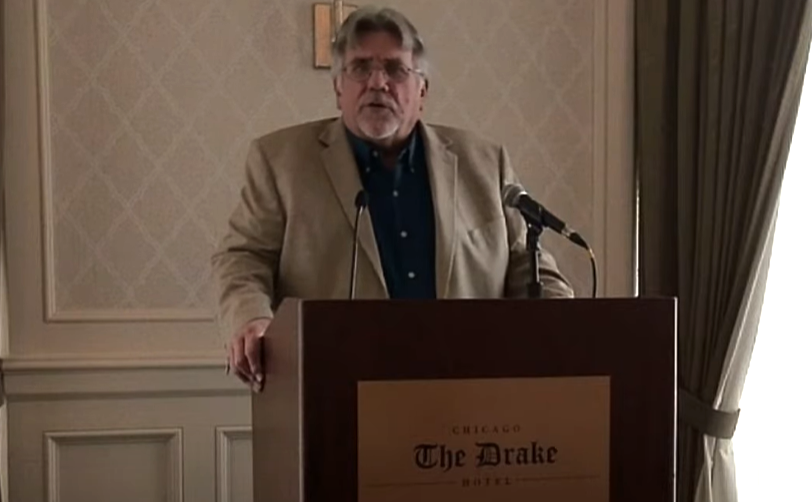It’s those ten commandments. They’re impossible! Not long ago I had an email correspondence with a man who was divorced and remarried.
He asked why the church could not be more “forgiving”.
By this I think he meant that he wanted the church to say his second marriage was okay, or maybe he wanted me to say the marriage was okay, that it by living with another woman other than his validly married wife he was not, after all, “living in sin”.
I wrote back saying that I couldn’t do that because I don’t have the authority to do it. What am I to do, take it upon myself to change the laws of the church–indeed the laws of God? Shall I tell a lie to make him feel good? Shall I soothe him into hell?
Is it hard to live with the Catholic rules on marriage? No. It’s not hard. It’s impossible.
Who, after all, can really keep all the rules and regulations of the church? The same people who have never broken one of the ten commandments.
This is where we have to stop and ask ourselves what the rules of our religion are for anyway.
Stop for a moment. The rules are not there because God thinks we can keep them.
The ten commandments are not set up as some sort of a practical guide book for life. They’re not given because they are utilitarian principles for living together and being nice people.
They might help us to do that, but that’s not what they’re for. The ten commandments and the laws of the church are set out because they’re true. That’s it. They are true and nothing more.
Each one of the commandments are deeply true–true down to the depths of reality. They are woven into the fabric of the universe and written in the cords of our hearts.
That’s why God said they should be written in stone–to make the point that they are immutable. They are the law not because it is something we can keep and fulfill, but because they are true and they cannot be changed.
Let us take an example: “You shall not bear false witness.” In other words, “Do not lie.” In other words, “Tell the truth”.
This is not a rule we can keep. It wasn’t given for that reason. It was given because life cannot exist if there is no truth. Language is non existent if there is no truth. Language and love and relationships–indeed the whole cosmos cannot exist if there is no such thing as truth. Therefore to lie is to break everything. To lie is to deny truth. To lie is to contradict the very fabric of reality.
So God says, “Do not lie” not because he thinks it is a rule anyone can obey, but because it is true and that’s that.
Let us consider the rules of marriage. Marriage is between one man and one woman for life. The principle is built into the fabric of the universe and we all know deep down that it is true, So it was established at the very beginning with Adam and Eve and affirmed by society and re established by the Lord. It means there is to be no sexual relations outside of that one, holy monogamous, lifelong union.
Can this law be kept? No. No more than a person can never tell a lie. It is impossible.
But we do not make laws that are possible. We make laws that are true.
Thus the impossibility of being a Catholic. The Catholic Church does not make laws that are possible. It makes laws that are true. Take, for example, the prohibition of artificial contraception. Who can obey this? Who can follow this completely? Very few. But the Church does not flinch. She does not change the law according to what can be kept. She keeps the law that it is true, because if the truth of the law is compromised all is compromised.
What is to be done if the law cannot be kept, and if it cannot be kept what is the use of it?
Here now is the marvelous key that opens the door of mercy.
The law is impossible to teach us that we can never keep the law. The law is given to show us the impossibility of keeping the law.
When we realize we cannot keep the law we turn instead to grace. First, for the grace of forgiveness, and then for the grace to grow into the amazing human beings we were designed and destined to become. “By grace you are saved and not by the law”
Grace empowers theosis–that inner transformation by which we become saints. It is actually possible by grace to be made perfect, and in that perfection of course, we obey the law completely–not because we are trying hard to be good, but because we have become good. We have become not only good, but Goodness and if goodness then God-ness and if God-ness then God like.
This is our destiny and our desire and our design: to fulfill the law from the inside out and through the daily struggles of impossibility to learn that with God all things are possible.







